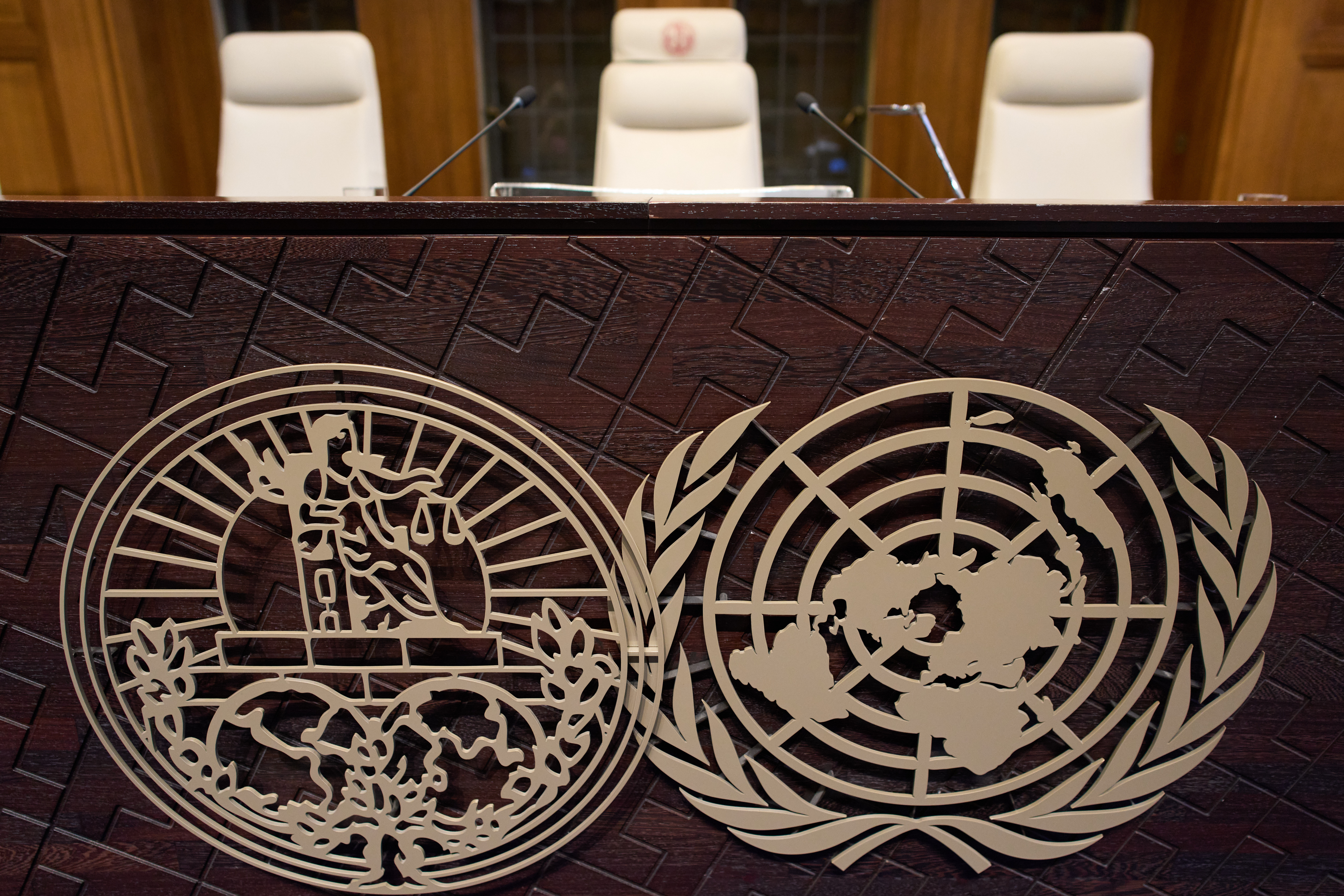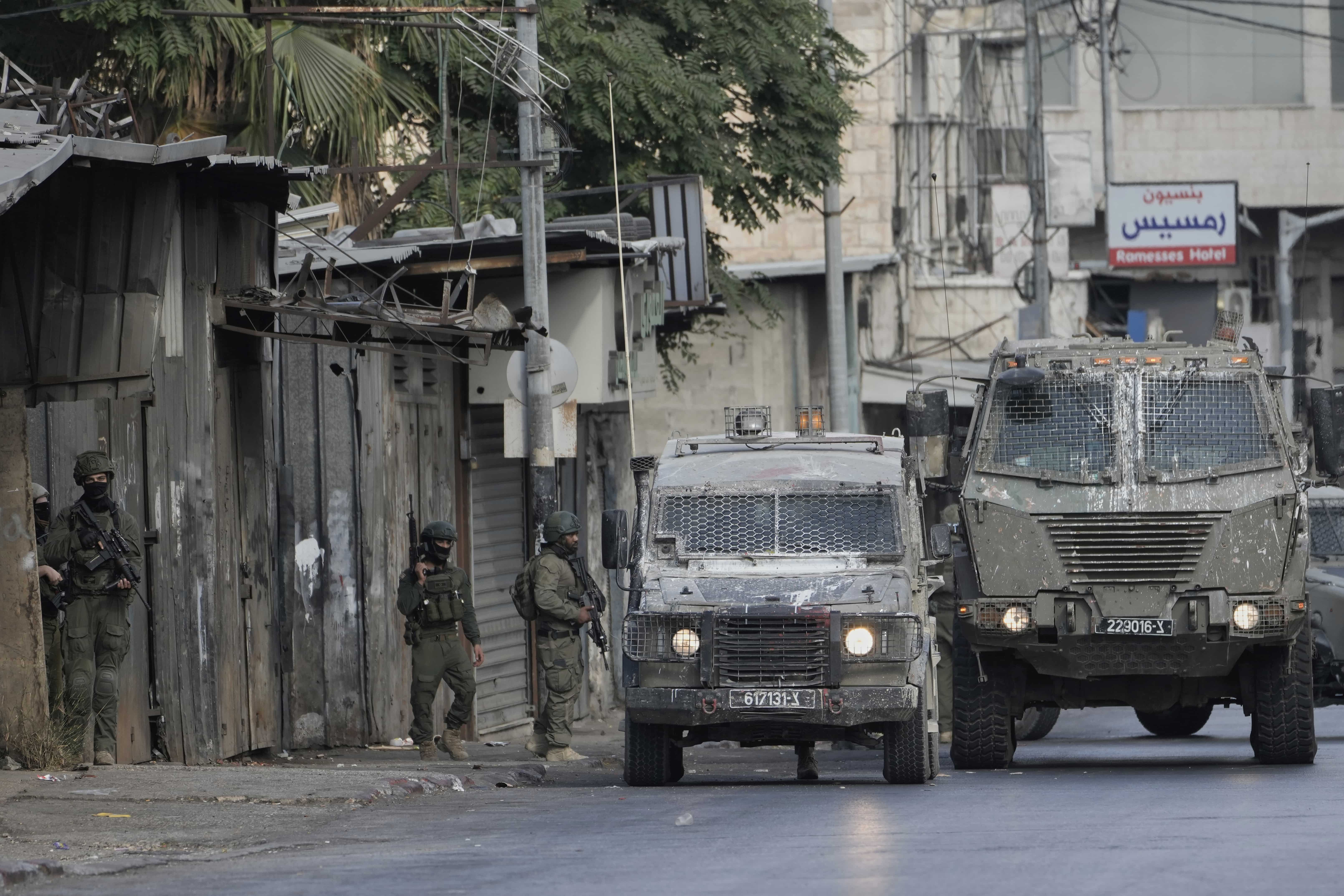
THE HAGUE/RAMALLAH/UNITED NATIONS- The International Court of Justice (ICJ) affirmed on Wednesday that Israel is obligated to facilitate the delivery of humanitarian aid into Gaza, including assistance provided by United Nations agencies.
"The State of Israel, as an occupying Power, is required to fulfill its obligations under international humanitarian law," the court said in its legally non-binding advisory opinion requested by the UN General Assembly (UNGA).
The court stated that Israel "is under an obligation to agree to and facilitate relief schemes under Article 59 of the Fourth Geneva Convention," as the population of Gaza "has been inadequately supplied."
The judges urged Israel "to ensure that the population of the Occupied Palestinian Territory has the essential supplies of daily life, including food, water, clothing, bedding, shelter, fuel, medical supplies and services."
"The occupying power may not invoke reasons of security to suspend all humanitarian activities in occupied territory," the court said.
ALSO READ: World concern grows after Gaza truce teeters on brink
Israel is obliged "to facilitate by all means at its disposal relief schemes... including relief provided by the United Nations and its entities, in particular the United Nations Relief and Works Agency for Palestine Refugees in the Near East (UNRWA), other international organizations and third States, and not to impede such relief."
The court also said that Israel must "respect and protect all relief and medical personnel and facilities," and prohibit "the use of starvation of civilians as a method of warfare."
The advisory opinion stems from a December 2024 request by the UNGA, which asked the world court to clarify Israel's duties as an occupying power under international law and its responsibilities in ensuring unhindered humanitarian access and supporting the operations of the UN and other humanitarian actors in the Palestinian territories.
Public hearings on the case were held from April 28 to May 2, 2025, during which 39 states, the UN, and regional organizations - including the League of Arab States, the Organization of Islamic Cooperation, and the African Union - presented oral statements.

Annexation bid
Also on Wednesday, the Palestinian foreign ministry condemned Israel's preliminary approval of a bill to extend sovereignty over the occupied West Bank, saying Israel has no authority over any part of Palestinian territory.
In a statement, the ministry said the West Bank, including East Jerusalem, and the Gaza Strip form an "integral geographical unit of the State of Palestine" under the sovereignty of the Palestinian people and their leadership, represented by the Palestine Liberation Organization.
It warned that Israel's "attempts to impose new realities on the ground" were "null and void," vowing to challenge them through political, diplomatic, and legal means. The ministry also urged countries and international bodies to reject Israel's "systematic policies of land seizure and annexation."
Earlier on Wednesday, Israel's parliament voted 25-24 in favor of a bill to apply Israeli law and administration to all settlements in the West Bank, referred to by Israel as Judea and Samaria. The bill, introduced by right-wing lawmaker Avi Maoz of the one-man Noam Party, now heads to the Knesset's Foreign Affairs and Defense Committee for further debate.
Israel's Channel 12 reported that some members of the ruling coalition supported the opposition-sponsored bill despite Prime Minister Benjamin Netanyahu's call to abstain, underscoring divisions within the government over annexation policy.
Aid to Gaza
UN humanitarians said Wednesday that delivering vital support to northern Gaza remains challenging, even though the ceasefire took effect more than 10 days ago.
The UN Office for the Coordination of Humanitarian Affairs (OCHA) said that since the ceasefire took effect on Oct. 10, the world body and its partners have made progress in scaling up response efforts, especially in central and southern areas of the Gaza Strip.
However, the continued closure of the Zikim and Erez border crossings, which provide direct access to the north, makes it extremely challenging for humanitarian aid to reach the area, OCHA said.
At the same time, UN partners monitoring population flows across Gaza have reported more than 425,000 movements from southern to northern parts of the strip since Oct 10.
UN Population Fund Deputy Executive Director Andrew Saberton, who just returned from Gaza, told reporters that the agency was able to bring in some assistance last week through the Kerem Shalom/Karem Abu Salem crossing.
"We have been distributing medical supplies and equipment, including incubators, delivery beds and fetal monitoring machines, that were prepositioned inside Gaza, to hospitals," he said. "But the trickle of aid being allowed to enter Gaza after the ceasefire is nowhere near enough."
Inside Gaza on Tuesday, out of 10 humanitarian missions coordinated with the Israeli authorities, six were facilitated, including the collection of water tanks, hygiene kits and fuel from the crossings into Gaza, OCHA said.



